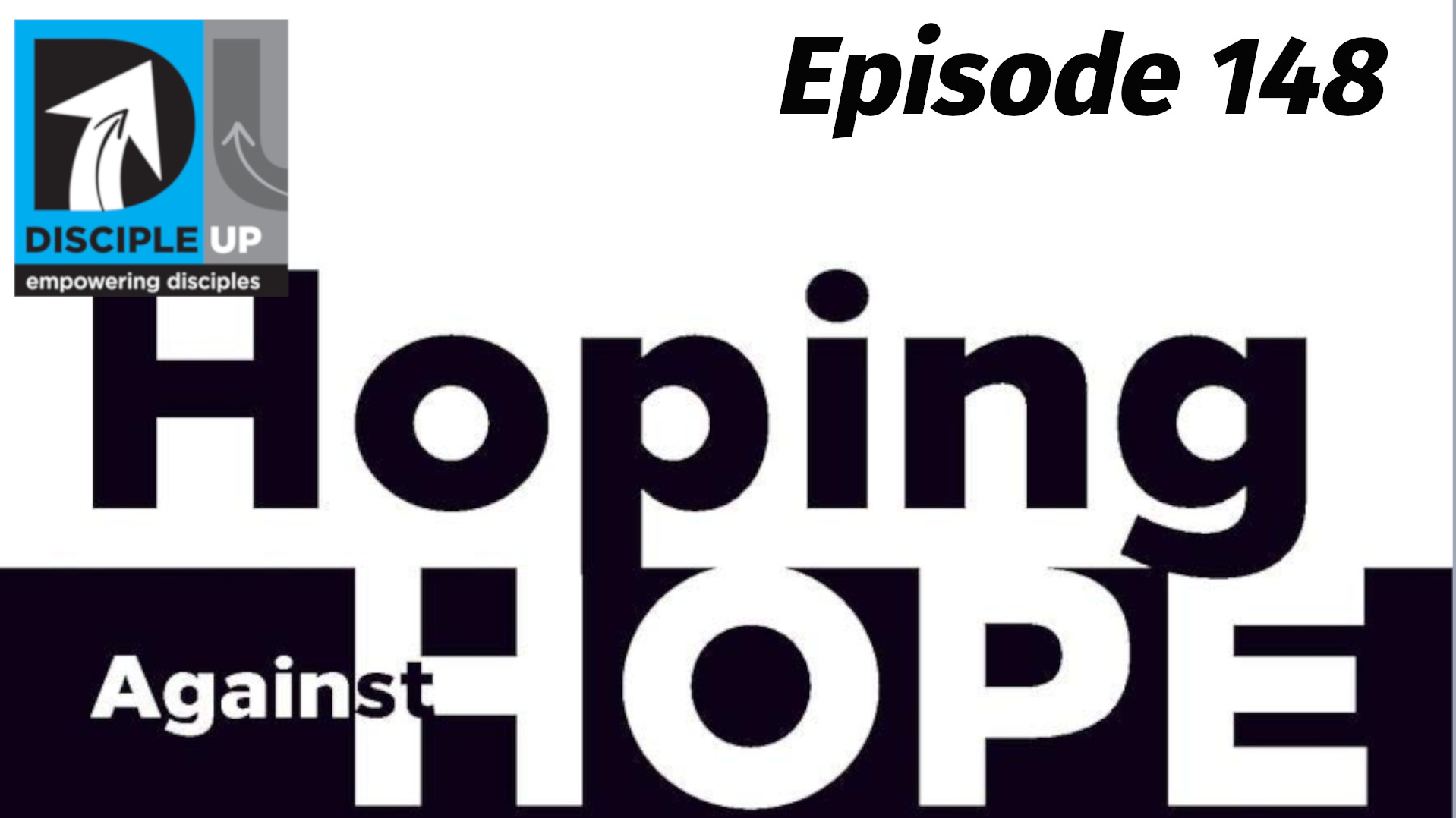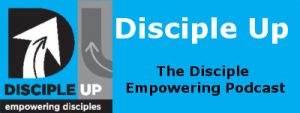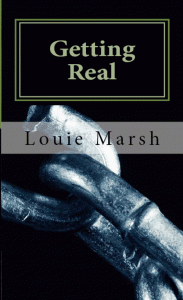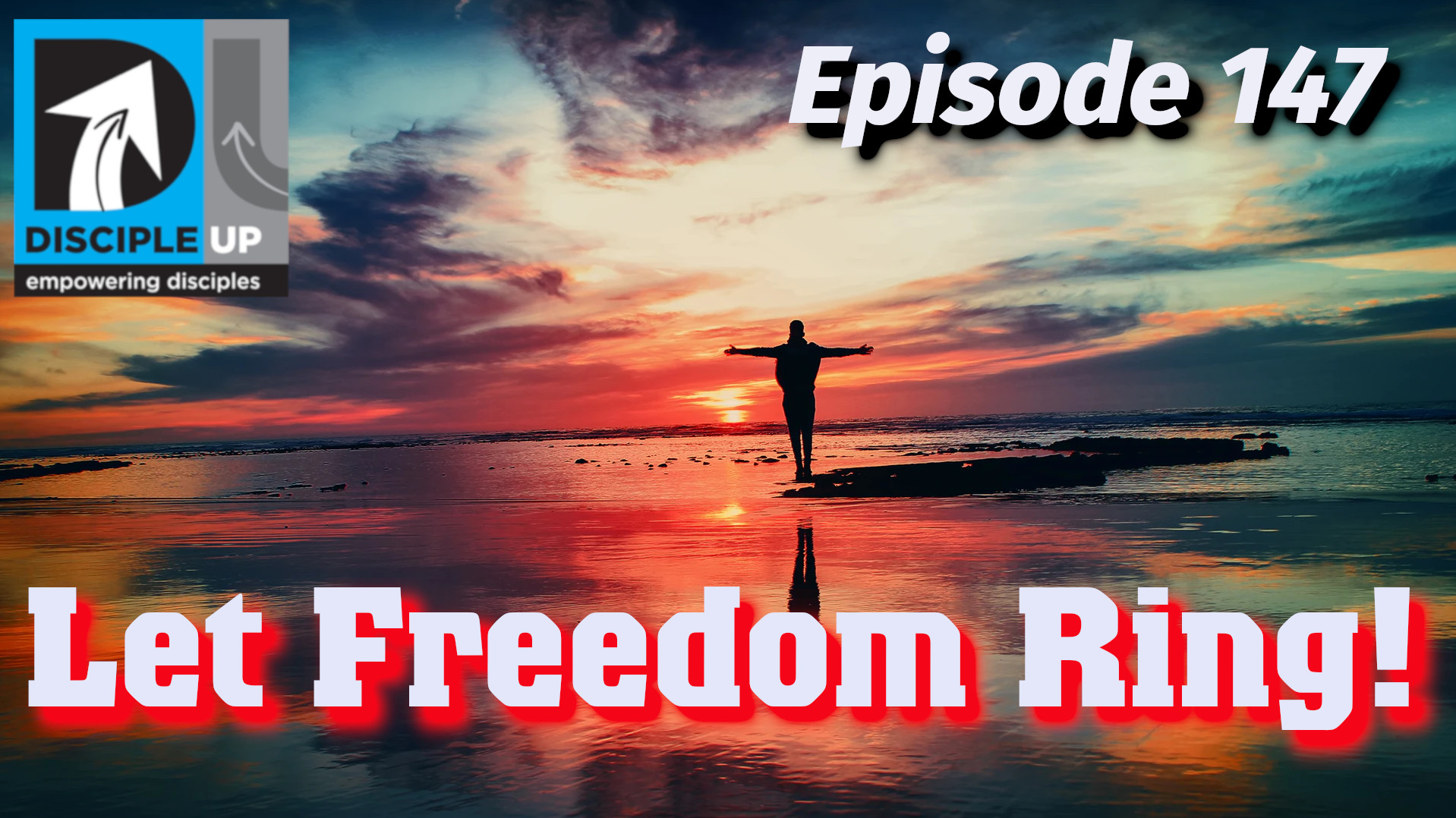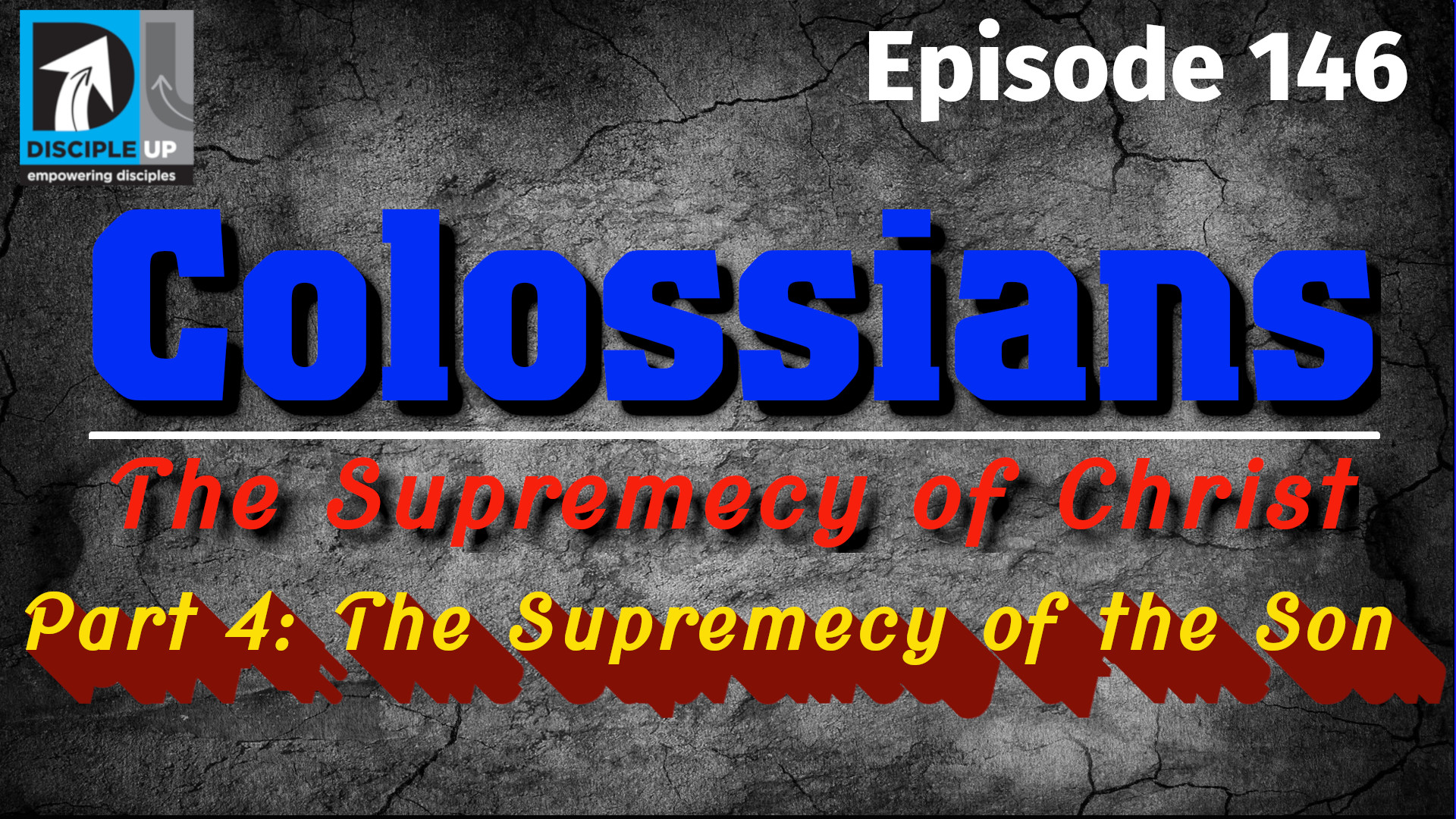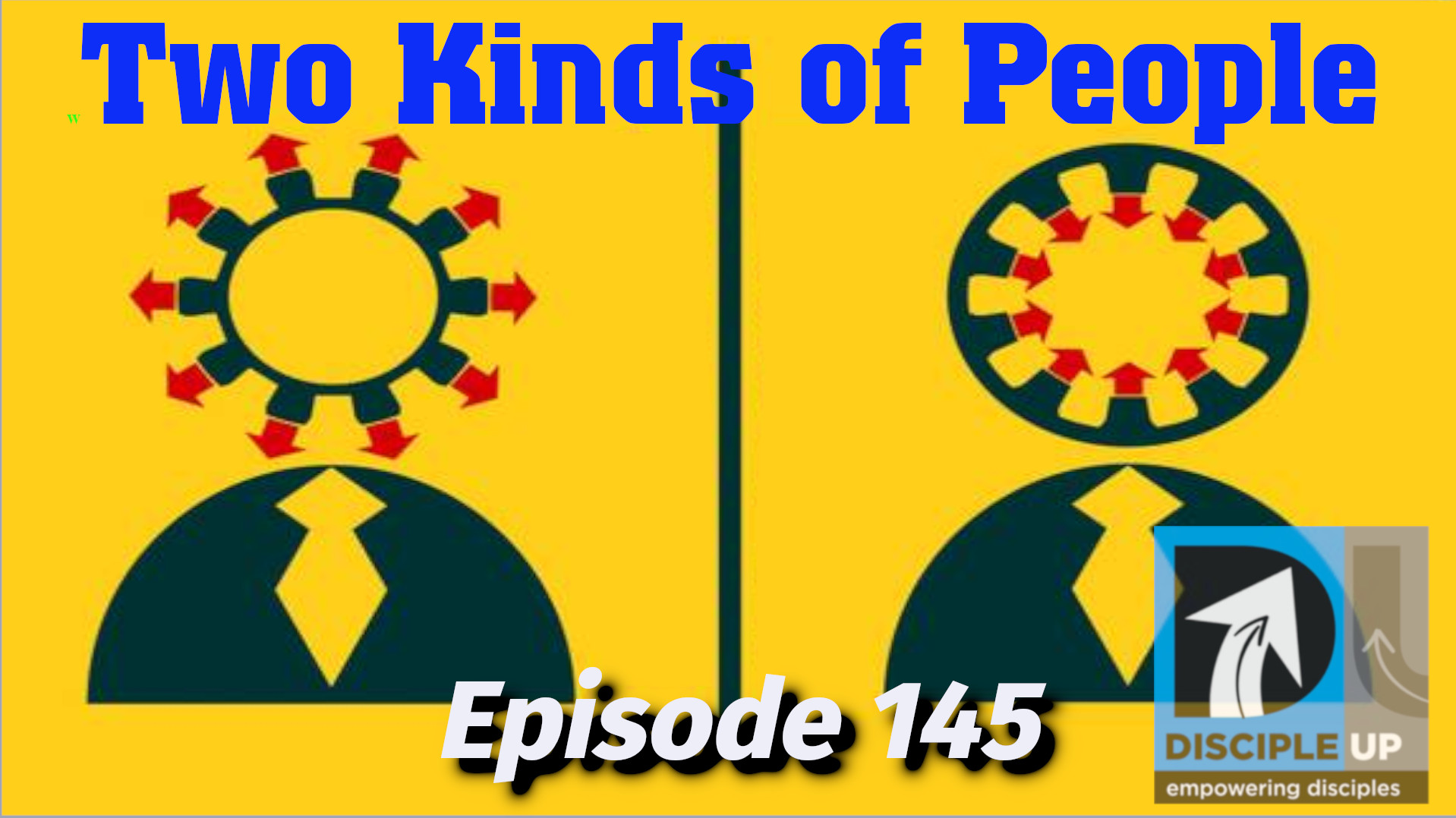148 Disciple Up
Hope Against Hope
By Louie Marsh, 2-26-2020
Recent events have caused this phrase to echo through my mind quite often lately.
I hope against hope that a few meager words spoken on a Sunday morning will heal a marriage, mend a troubled mind or motivate someone to respond to the Word of God.
I hope against hope that an hour’s counsel will help someone begin to overcome a life time of running and hiding from their inner monsters.
I hope against hope that this new class or that new program or this new book will finally cause the hearts of the people in my church to catch fire for Christ.
Hope against hope.
In a way I guess you could say this describes what we Ministers do for a living. We are called and paid to hope against hope – and to never stop doing so!
After hearing this echoing around in my mind, I checked and found out some interesting info on what this means and where it comes from on Dictionary.com.
hope against hope
Hope or wish for with little reason or justification, as in I’m hoping against hope that someone will return my wallet. This expression, based on the biblical “Who against hope believed in hope” (Romans 4:18), was first recorded in 1813.
| Source: The American Heritage® Dictionary of Idioms by Christine Ammer. Copyright © 1997 by The Christine Ammer 1992 Trust. Published by Houghton Mifflin Company. |
Here’s verse in the NIV – Against all hope, Abraham in hope believed and so became the father of many nations, just as it had been said to him, “So shall your offspring be.” Romans 4:18 (NIV)
The story of Abraham and Sarah is one of the great examples of faith in the Bible, and is often presented that way as it should be. But I want to point out to you that It’s also a prime example of hope as well.
Hope against hope – hope that God will work in spite of most of the evidence pointing to the contrary. Hope that with God’s help tomorrow can be better, a marriage can grow and heal and thrive. Hope that a child can learn and turn from sin back to God.
Hope, hope, hope – and hope is almost always pitted against itself. We hope against hope. God calls us to, in the words of the late, great Mark Heard, “withstand the winds of time,” and the winds of culture, opinion and the devil as well!
And of course we have to hope against the evidence of our eyes as well. Just because things look hopeless doesn’t mean they are! Indeed God “…is able to do immeasurably more than all we ask or imagine, according to his power that is at work within us, Ephesians 3:20 (NIV)
I love how Peterson paraphrased this verse in the Message. Read it, and then read it again, letting it sink into your heart.
20 God can do anything, you know—far more than you could ever imagine or guess or request in your wildest dreams! He does it not by pushing us around but by working within us, his Spirit deeply and gently within us. Ephesians 3:20 (MSG)
When everything was hopeless, Abraham believed anyway, deciding to live not on the basis of what he saw he couldn’t do but on what God said he would do. And so he was made father of a multitude of peoples. God himself said to him, “You’re going to have a big family, Abraham!” Romans 4:18 (MSG)
That’s hope against hope all right!
It’s deciding not to live on the basis of what I quite correctly know I can’t do – and instead live life based on what God has said He will do!
Wow – what a liberating thought!
Or as we call it in Celebrate Recovery – Principles One & Two
Principle One: Realize I’m not God. I admit I’m powerless to control my tendency to do the wrong thing and that my life is unmanageable.
Principle Two: Earnestly believe that God exists, that I matter to Him, and that He has the power to help me recover.
So, go ahead, hope against hope today!
May I live today on the basis of what God has said He’ll do – not on the basis of my helplessness!
During his time in a Nazi prison, Dietrich Bonhoeffer wrote to his friend Eberhard Bethge that he was neither a pessimist (expecting things to get worse) nor an optimist (expecting things to get better). He said that he was living by hope.
Hope! One of three foundational forces—faith, hope, and love—that St. Paul said “remains” when everything else goes belly-up.
I find Bonhoeffer’s allusion to hope as an alternative to optimism or pessimism to be insightful and inspirational. He has identified a biblical idea that I think sometimes gets lost in the shuffle.
SESSION ONE:
Know the Power of Hope.
3 Graces to MOTIVATE ME.
1) FAITH
We continually remember before our God and Father your work produced by faith… 1 Thes. 1:3a
Work = a job or task
- Faith BRINGS US INTO SALVATION.
For it is by grace you have been saved, through faith— Eph. 2:8a
Faith LOOKS BACK.
I have been crucified with Christ and I no longer live, but Christ lives in me. The life I live in the body, I live by faith in the Son of God, who loved me and gave himself for me. Galatians 2:20
Faith always PRODUCES ACTION.
As the body without the spirit is dead, so faith without deeds is dead. James 2:26
2) LOVE
… your labor prompted by love… I Thess. 1:3b
labor = to cut, beat and used of working bread dough
Love is my response TO GOD’S LOVE FOR ME!
We love because he first loved us. 1 John 4:19
Love LOOKS AT THE NOW.
If anyone has material possessions and sees his brother in need but has no pity on him, how can the love of God be in him? 1 John 3:17
- Love keeps me going THROUGH THE TOUGH TASKS.
Dear children, let us not love with words or tongue but with actions and in truth. 1 John 3:18
3) HOPE
and your endurance inspired by hope in our Lord Jesus Christ. 1 Thes. 1:3c
Hope keeps me from GIVING UP.
For everything that was written in the past was written to teach us, so that through endurance and the encouragement of the Scriptures we might have hope. Romans 15:4
Hope LOOKS AHEAD.
For in this hope we were saved. But hope that is seen is no hope at all. Who hopes for what he already has? But if we hope for what we do not yet have, we wait for it patiently. Romans 8:24-25
- Hope is JUST AS IMPORTANT as faith & Love.
And now these three remain: faith, hope and love. But the greatest of these is love. 1 Corinthians 13:13 (NIV)
But by faith we eagerly await through the Spirit the righteousness for which we hope. For in Christ Jesus neither circumcision nor uncircumcision has any value. The only thing that counts is faith expressing itself through love. Galatians 5:5-6 (NIV)
because we have heard of your faith in Christ Jesus and of the love you have for all the saints– the faith and love that spring from the hope that is stored up for you in heaven and that you have already heard about in the word of truth, the gospel Colossians 1:4-5 (NIV)
let us draw near to God with a sincere heart in full assurance of faith, having our hearts sprinkled to cleanse us from a guilty conscience and having our bodies washed with pure water. Let us hold unswervingly to the hope we profess, for he who promised is faithful. And let us consider how we may spur one another on toward love and good deeds. Hebrews 10:22-24 (NIV)
But since we belong to the day, let us be self-controlled, putting on faith and love as a breastplate, and the hope of salvation as a helmet.
1 Thessalonians 5:8 (NIV)
- How To REMAIN HOPEFUL.
Renew your relationship with God daily
my God. My soul is downcast within me; therefore I will remember you from the land of the Jordan, the heights of Hermon–from Mount Mizar. Psalm 42:6 (NIV)
Why are you discouraged, my soul? Why are you so restless? Put your hope in God, because I will still praise him. He is my savior and my God. Psalm 42:5 (GW)
We encourage you, brothers and sisters, to instruct those who are not living right, cheer up those who are discouraged, help the weak, and be patient with everyone. 1 Thessalonians 5:14 (GW)
David also said to Solomon his son, “Be strong and courageous, and do the work. Do not be afraid or discouraged, for the LORD God, my God, is with you. He will not fail you or forsake you until all the work for the service of the temple of the LORD is finished. 1 Chronicles 28:20 (NIV)
Maintain Fellowship with Believers
But God, who comforts the downcast, comforted us by the coming of Titus, 2 Corinthians 7:6 (NIV)
for I know that through your prayers and the help given by the Spirit of Jesus Christ, what has happened to me will turn out for my deliverance. I eagerly expect and hope that I will in no way be ashamed, but will have sufficient courage so that now as always Christ will be exalted in my body, whether by life or by death. For to me, to live is Christ and to die is gain. Philippians 1:19-21 (NIV)
Please Get In Touch!
Email – louie@discipleup.org

Check out the Disciple Up Facebook page:
My books –

